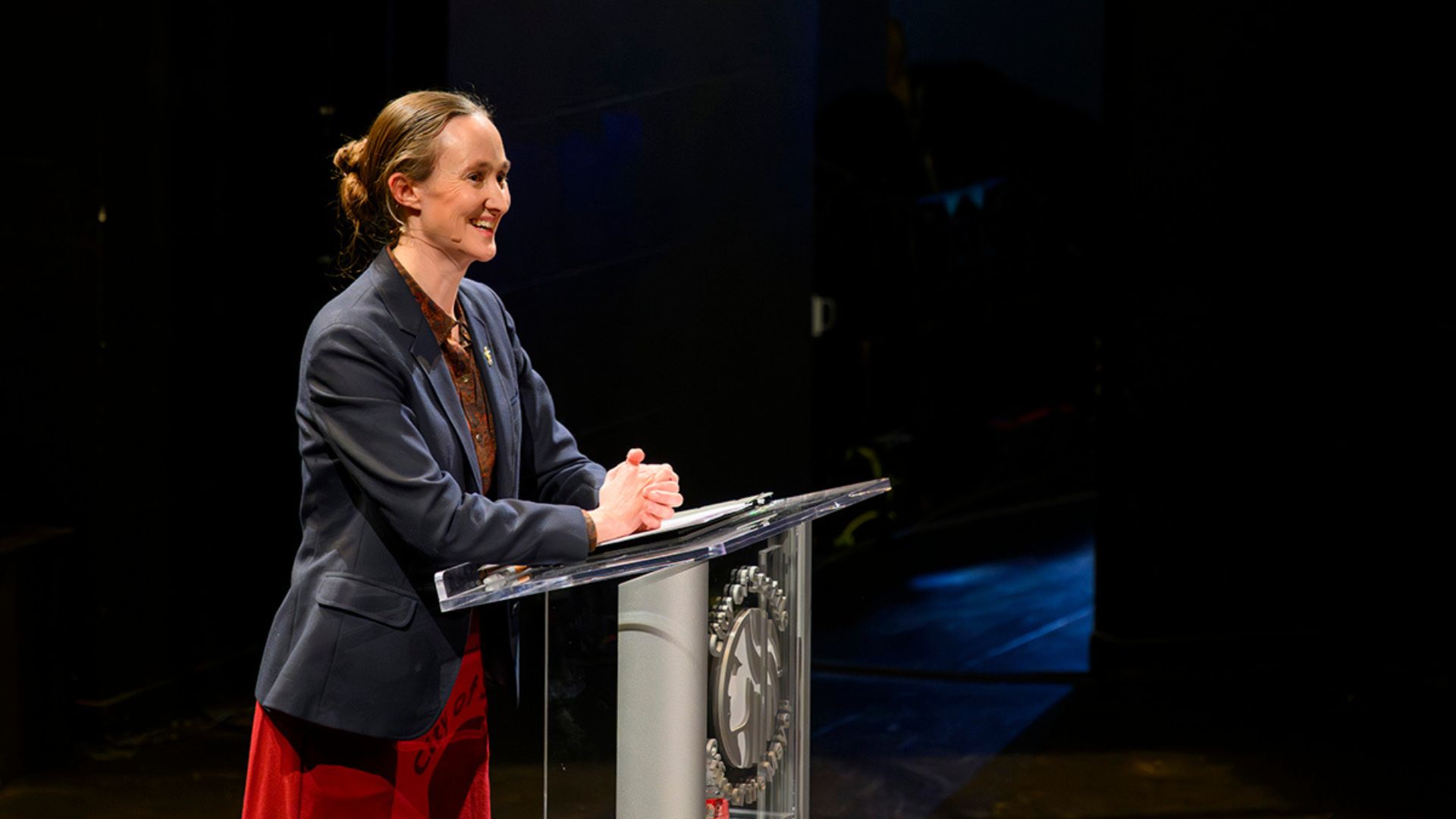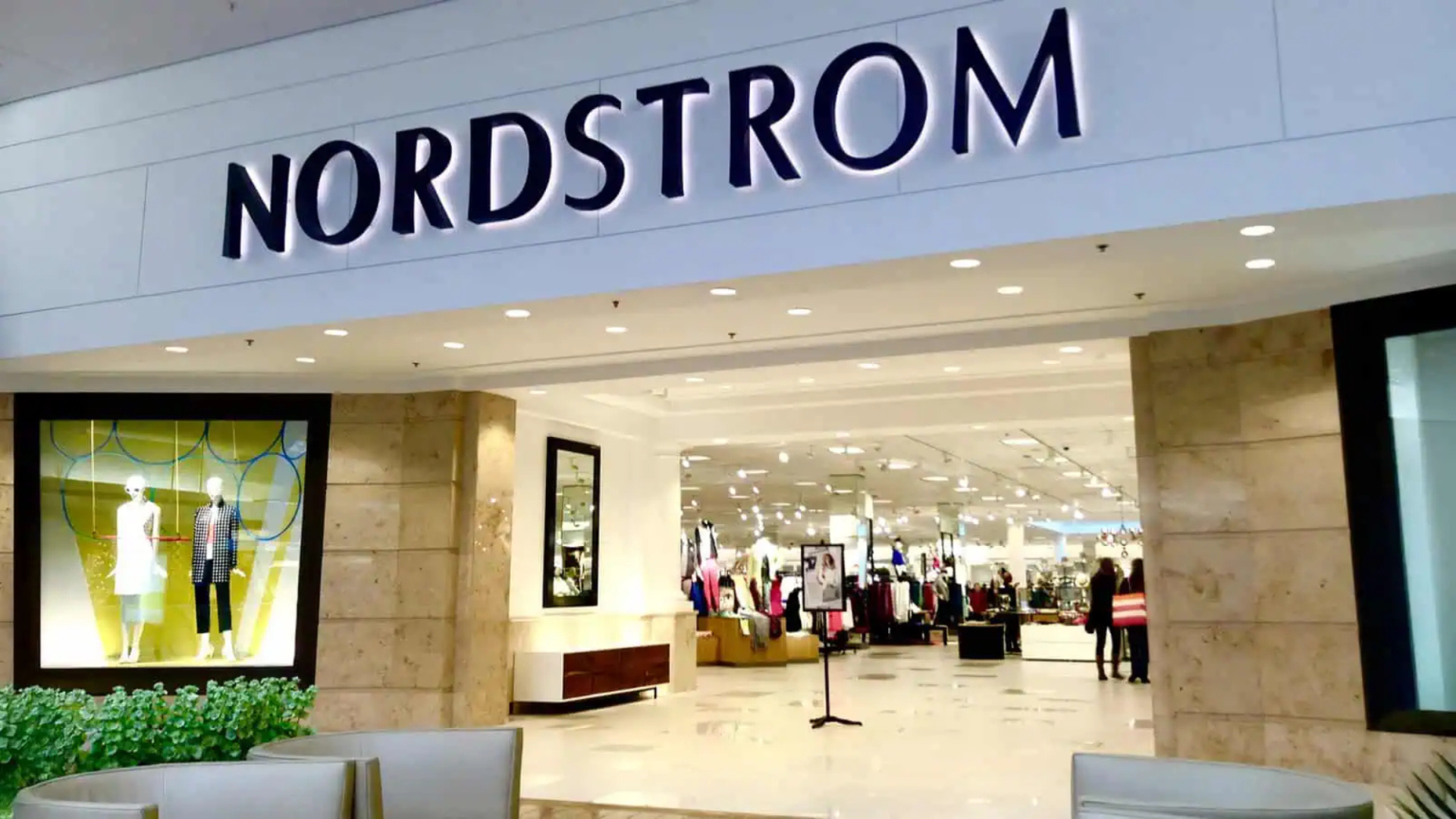
About 45 days after the City finalized its rules for the App-Based Worker Minimum Payment Ordinance, the new law took effect, triggering significant changes in how some of the covered app-based firms do business in Seattle.
While Mayor Bruce Harrell praised the law, members of the current City Council – which includes five new members – were not quoted in press accounts. With Councilmember Lisa Herbold’s retirement and Councilmember Andrew Lewis’s defeat, neither sponsor of the legislation (also known as “PayUp”) is now on the Council.
Three impacted companies have announced significant changes in how they will operate in Seattle. First, Shipt announced an indefinite “pause” in its operations in Seattle. Shipt will continue to operate normally in other Seattle-area cities. Next, Instacart said it would be adding new fees for customers, setting $0 as the default tip (a customer can add a tip manually), and barring orders from crossing Seattle city limits. In other words, customers in Seattle will only be able to order from stores in Seattle, and customers outside Seattle can only order from non-Seattle stores.
Lastly, DoorDash announced that it would impose a new $5 per order fee and eliminate programs that rewarded the best drivers. Both Instacart and DoorDash suggested that they could be instituting additional changes.
The new law mandates a minimum pay of $26.40 per hour plus $.74 per mile driven. This is well above the Seattle minimum wage of $19.94—the highest in the nation. The covered companies are concerned that the cost of the mandated compensation will discourage some Seattleites from ordering on their platforms, driving down sales in stores and restaurants and reducing the number of orders available for the app-based drivers to deliver.

